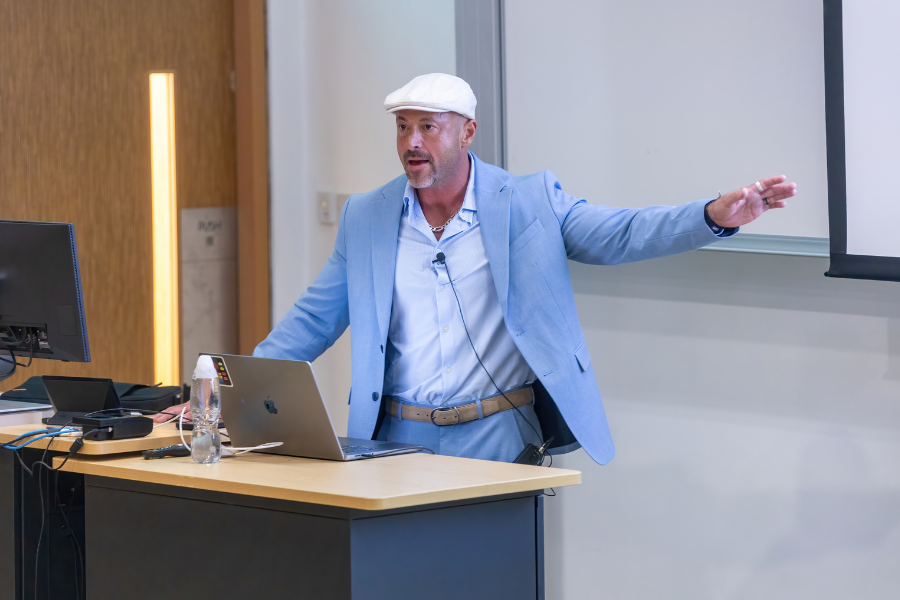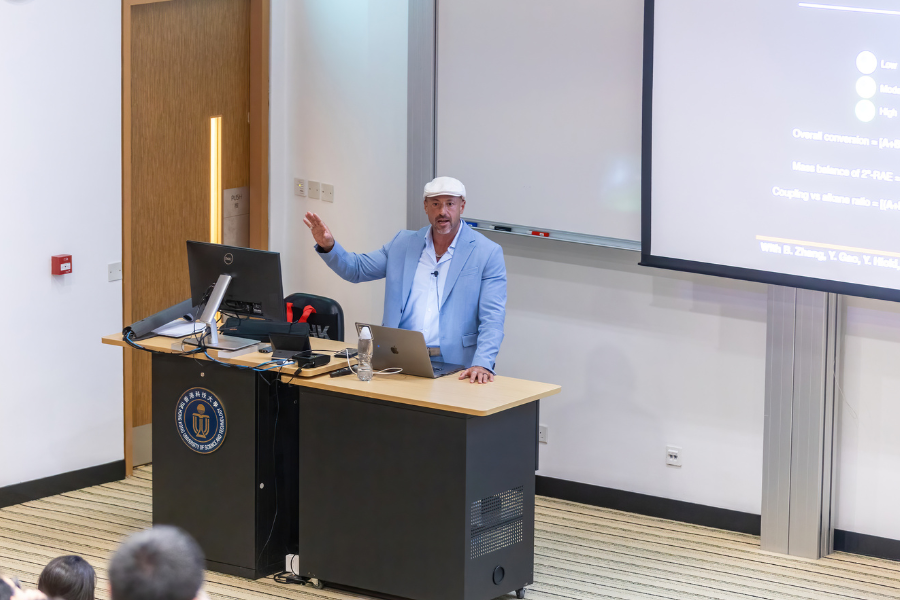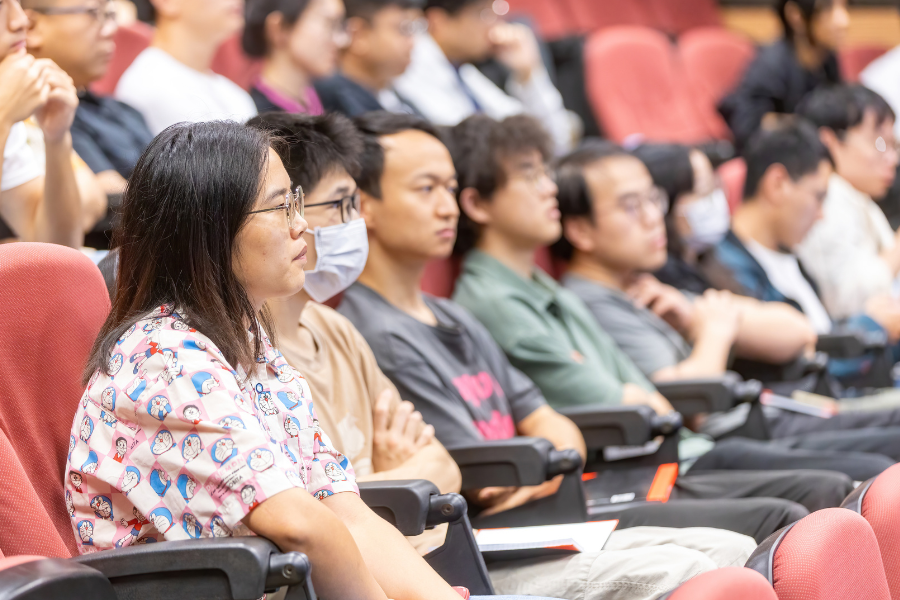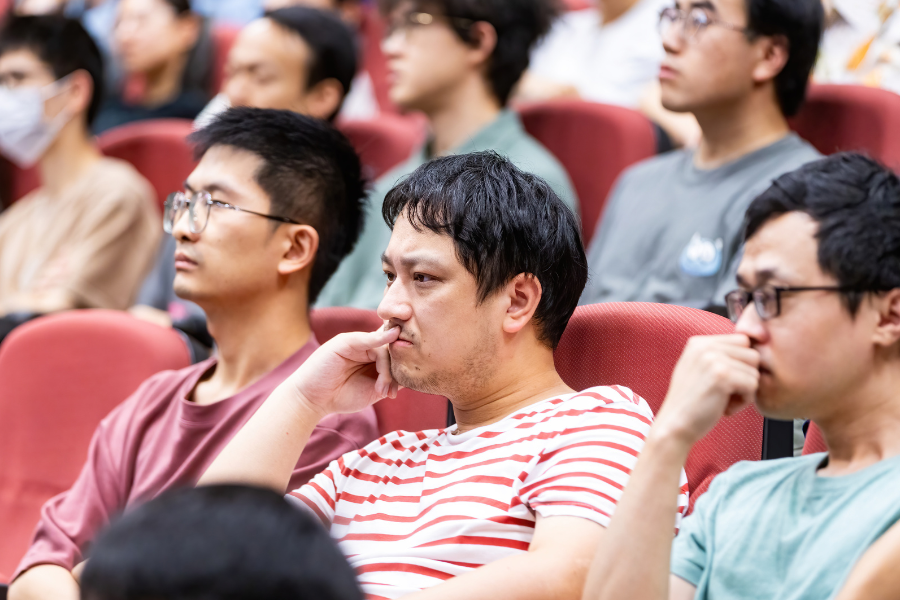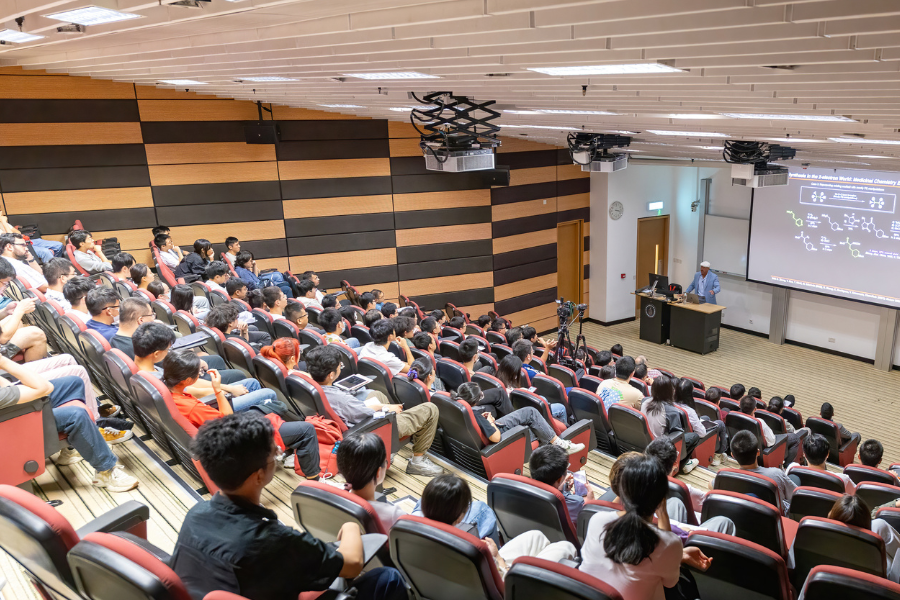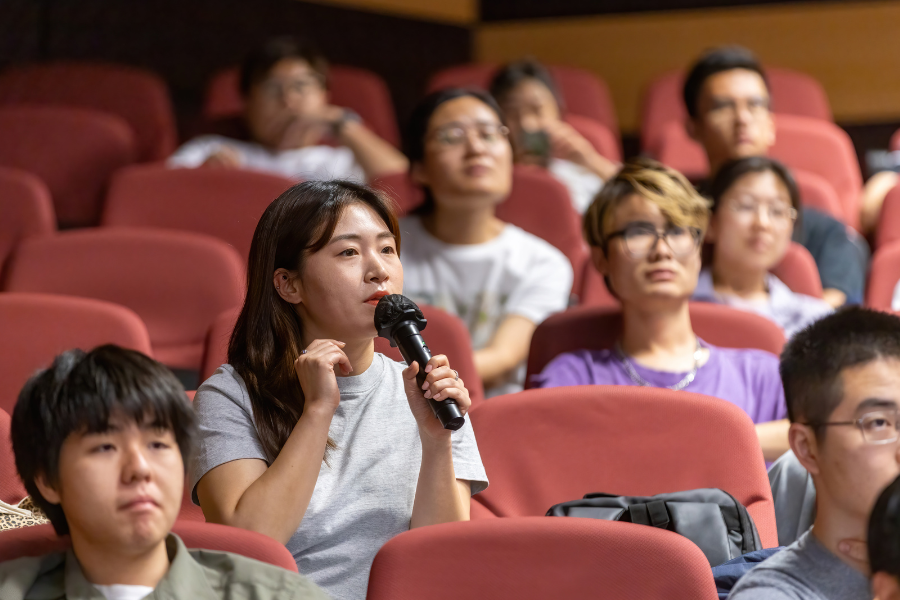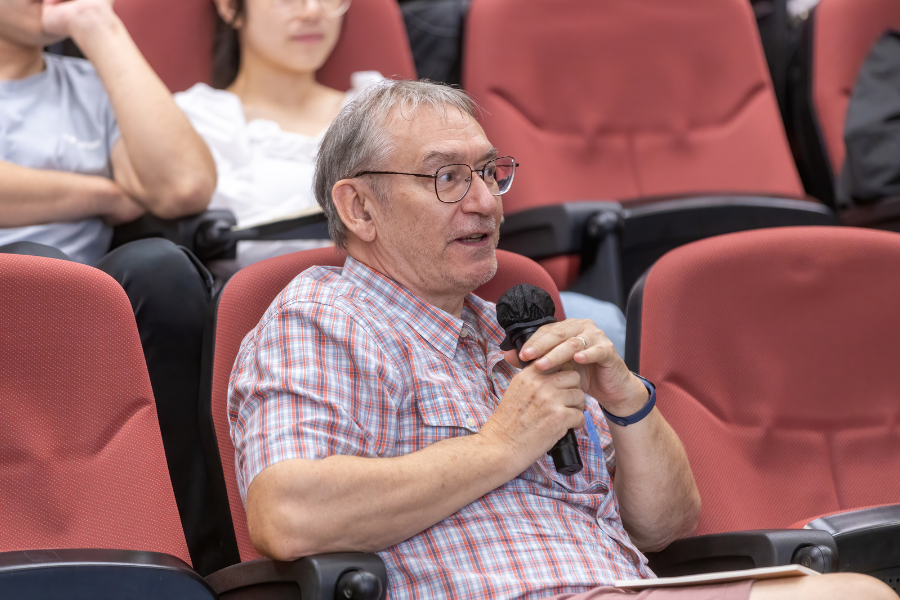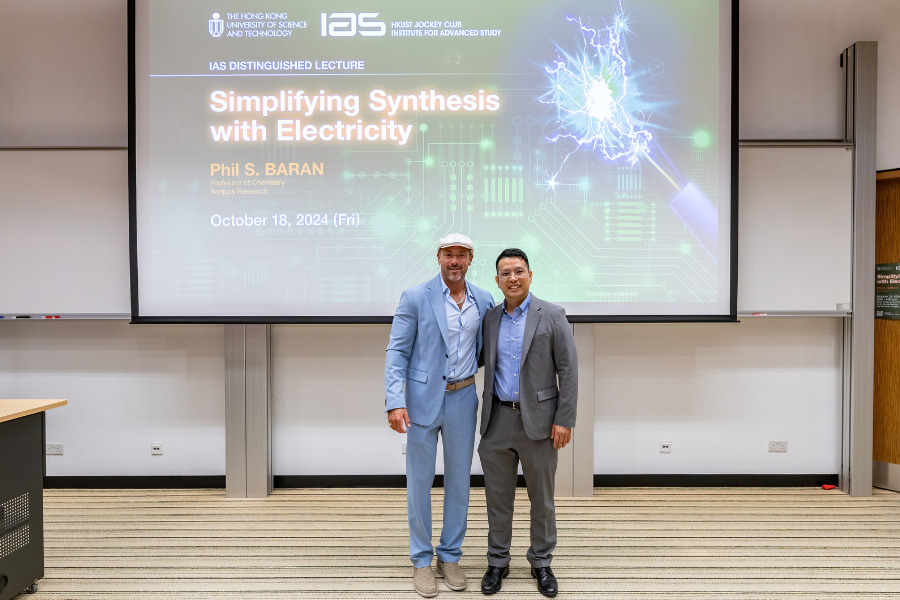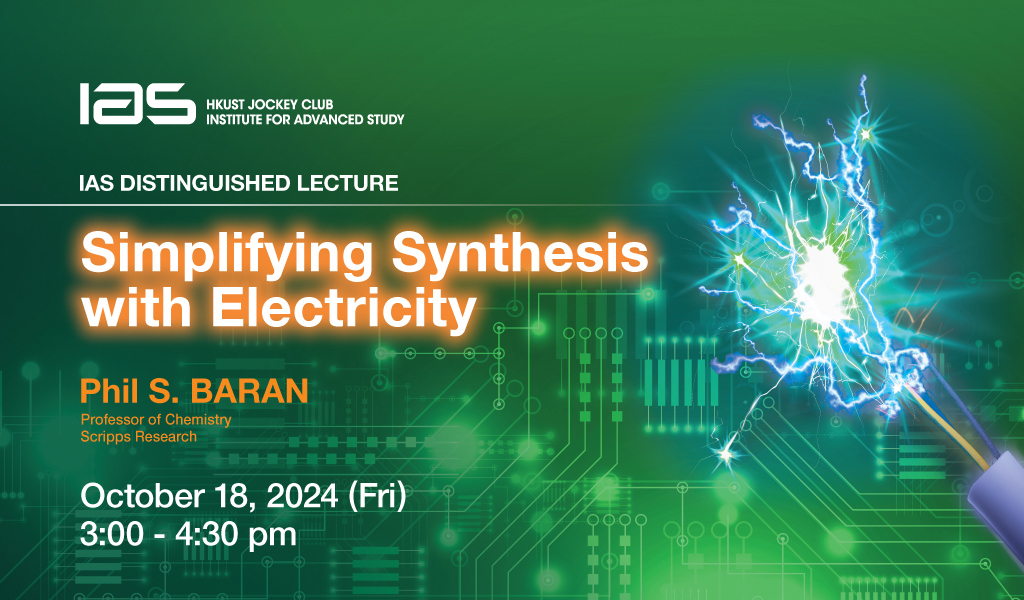Simplifying Synthesis with Electricity
Abstract
Organic synthesis is one of the great branches of Chemistry that has had a profound impact on the betterment and advancement of civilization. In its most modern manifestations, it renders the dream of alchemy (turning something worthless into something valuable) a reality. It places the practitioner into the role of artist, engineer, and astronaut. Thus, advances in this field are inherently of interest to a broad audience. Predicting the specific developments that will alter the course of this field is difficult. This talk will use case studies to demonstrate how one of the oldest and least expensive reagents on Earth, electrons, can facilitate new retrosynthetic disconnections and aid in the pursuit of simple, ideal solutions to longstanding challenges.
About the Speaker
Prof. Phil S. BARAN is a distinguished American chemist who is celebrated for his substantial contributions to organic chemistry. He earned his B.S. in 1997 from New York University and his Ph.D. in 2001 from The Scripps Research Institute under the mentorship of Prof. K. C. NICOLAOU. Following his doctoral studies, Prof. Baran served as a Postdoctoral Associate at Harvard University from 2001 to 2003 under the guidance of Prof. E. J. Corey. He subsequently joined the faculty at Scripps Research, where he is currently a Professor in the Department of Chemistry.
Prof. Baran's research is marked by his pioneering strategies for synthesizing complex organic molecules, the development of novel synthetic methodologies, and his focus on step economy and the use of environmentally friendly reagents. His work has profoundly influenced the pharmaceutical industry by facilitating the efficient and cost-effective production of natural products and potential therapeutic agents. In recent years, Prof. Baran has focused on using electrochemistry in organic synthesis, and over the past decade, he has developed numerous remarkably straightforward electrochemical reactions. These innovative techniques are not only environmentally benign but also enable the large-scale synthesis of complex and previously inaccessible compounds, which are of significant interest to pharmaceutical and chemical industries globally.
His scientific publications have been featured in esteemed journals, including Nature, Science, Angewandte Chemie, and the Journal of the American Chemical Society, among others. Throughout his illustrious career, Prof. Baran has been the recipient of numerous accolades, including the MacArthur Fellowship, commonly known as the "Genius Grant," and the ACS Award in Pure Chemistry.
For Attendees' Attention
Seating is on a first come, first served basis.

